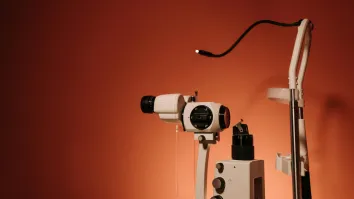
Telemedicine is seeing a radical surge in China
Study revealed around 90% are using online medical services with no intention of reverting to offline sources.
A study, conducted by HSBC Global Research on the prospect and situation of telemedicine sector in China, revealed that 90% of patients were using online medical services as of March 2020, compared to just 67% before the COVID-19 pandemic. Top ranked services include online consultation (75%), buying over-the-counter drugs (70%), health management (38%), and buying prescription drugs (37%).
The survey, conducted on 1,500 Chinese residents, disclosed that 92% of the respondents were planning to continue availing these services even after the pandemic situation dissolved. Top choices for telemedicine platforms to the respondents were AliHealth and Ping An Good Doctor (PAGD). The choices were mostly based on quality of doctors and medical insurance coverage.
As for basic medical insurance (BMI) which spent US$254b in 2018, the study found out that almost 35% were claimed by OPD patients, 50% of which goes on pharmaceuticals. BMI spending on non-employees going to drug stores constituted 13.6% and the same was assumed to be spent on employees. Based on the findings and assumptions, the addressable market for telemedicine companies stemming from social insurance reimbursement rounds up to US$100b.
However, the study also saw budget, municipal policies, reluctance in sharing of economics, and a potential low margin for business as the impediments along the way.
To tap into this market effectively, the government should provide internet hospital licenses and medical institutions should be designated in order to be qualified for medical insurance reimbursement.



















 Advertise
Advertise





